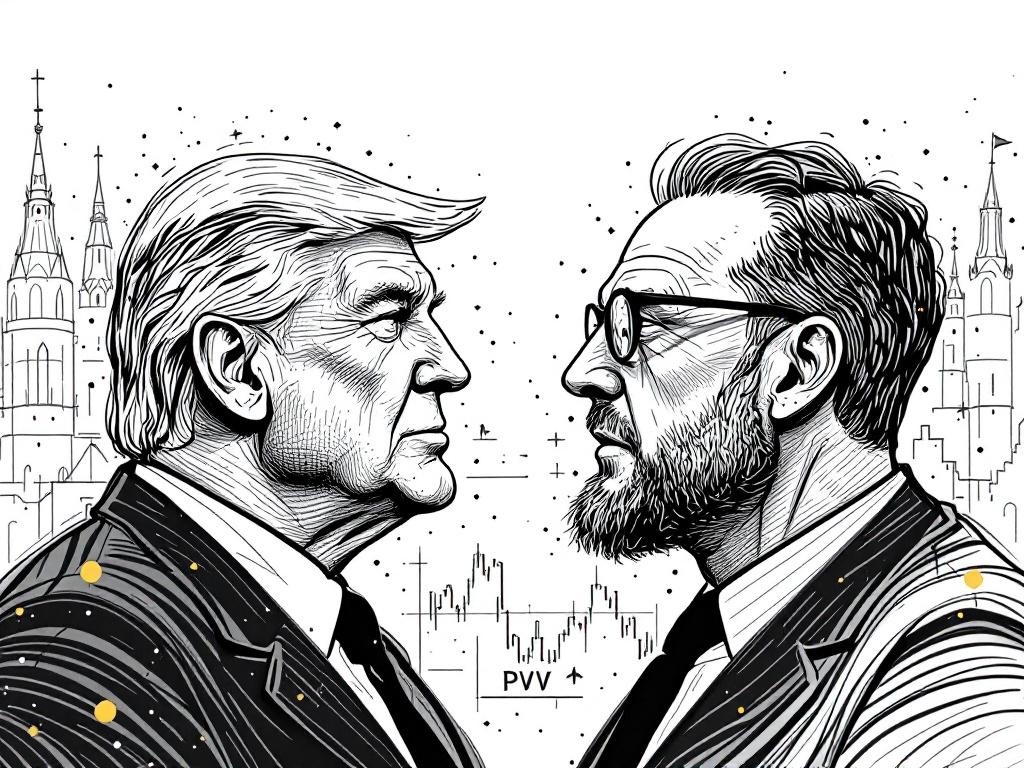D66 and PVV Equally Matched in Dutch Parliament Race

Amsterdam, Thursday, 30 October 2025.
In the latest Dutch elections, centrist D66 and far-right PVV each secured 26 seats, marking a notable shift with D66 nearly tripling its seats, while PVV loses support.
Implications of the Election Results
The recent Dutch parliamentary elections have resulted in a surprising equilibrium between the centrist D66 and the far-right Party for Freedom (PVV), each securing 26 seats in the 150-seat parliament. This marks a significant shift in the Dutch political landscape, with D66 nearly tripling its representation since the previous elections, while the PVV, led by Geert Wilders, has seen a reduction from its 2023 peak of 37 seats [1][2][3]. The voter turnout in this election was 78.4%, slightly higher than the 77.8% turnout in 2023, indicating heightened public interest and engagement [2].
Potential Coalition Scenarios
As the results stand, the Netherlands faces a complex coalition-building process. The Dutch political system’s fragmentation requires at least four parties to form a governing coalition in the 150-seat parliament [3][4]. D66 leader Rob Jetten is poised to become the youngest and first openly gay prime minister of the Netherlands, though the path to coalition will be fraught with negotiations. Possible coalition partners could include the VVD, which secured 22 seats, and the Christian Democratic Appeal (CDA), which gained 19 seats [1][5]. However, all major parties have ruled out collaborating with Wilders, complicating the coalition talks [4].
Challenges Ahead for New Government
The upcoming coalition government will face several pressing issues, including a housing shortage of approximately 400,000 homes, rising healthcare costs, and migration policies [3][4][6]. D66’s campaign platform emphasized resolving these issues, focusing on building new housing developments, investing in education, and addressing immigration challenges [4][6]. The election outcome reflects a broader European trend where centrist and liberal parties are attempting to counterbalance the rise of far-right populism [5]. As coalition talks commence, the emphasis will be on bridging differences to form a lasting government capable of addressing these critical national concerns [4].
Future of Dutch Politics
The Dutch elections have underscored a significant political realignment, with traditional parties like the GreenLeft-Labour alliance (GL/PvdA) losing ground, now holding 20 seats, a drop from their previous tally [1][5]. The results indicate a potential shift towards more progressive policies under a D66-led government, as Rob Jetten’s leadership promises a break from the politics of division and negativity [4][6]. Coalition negotiations, expected to take months, will determine the future course of Dutch politics. The outcome of these talks will have implications not only for domestic policies but also for the Netherlands’ role in the European Union [6][7].
Sources
- www.dutchnews.nl
- nltimes.nl
- www.aljazeera.com
- www.theguardian.com
- www.reuters.com
- www.bbc.com
- www.politico.eu